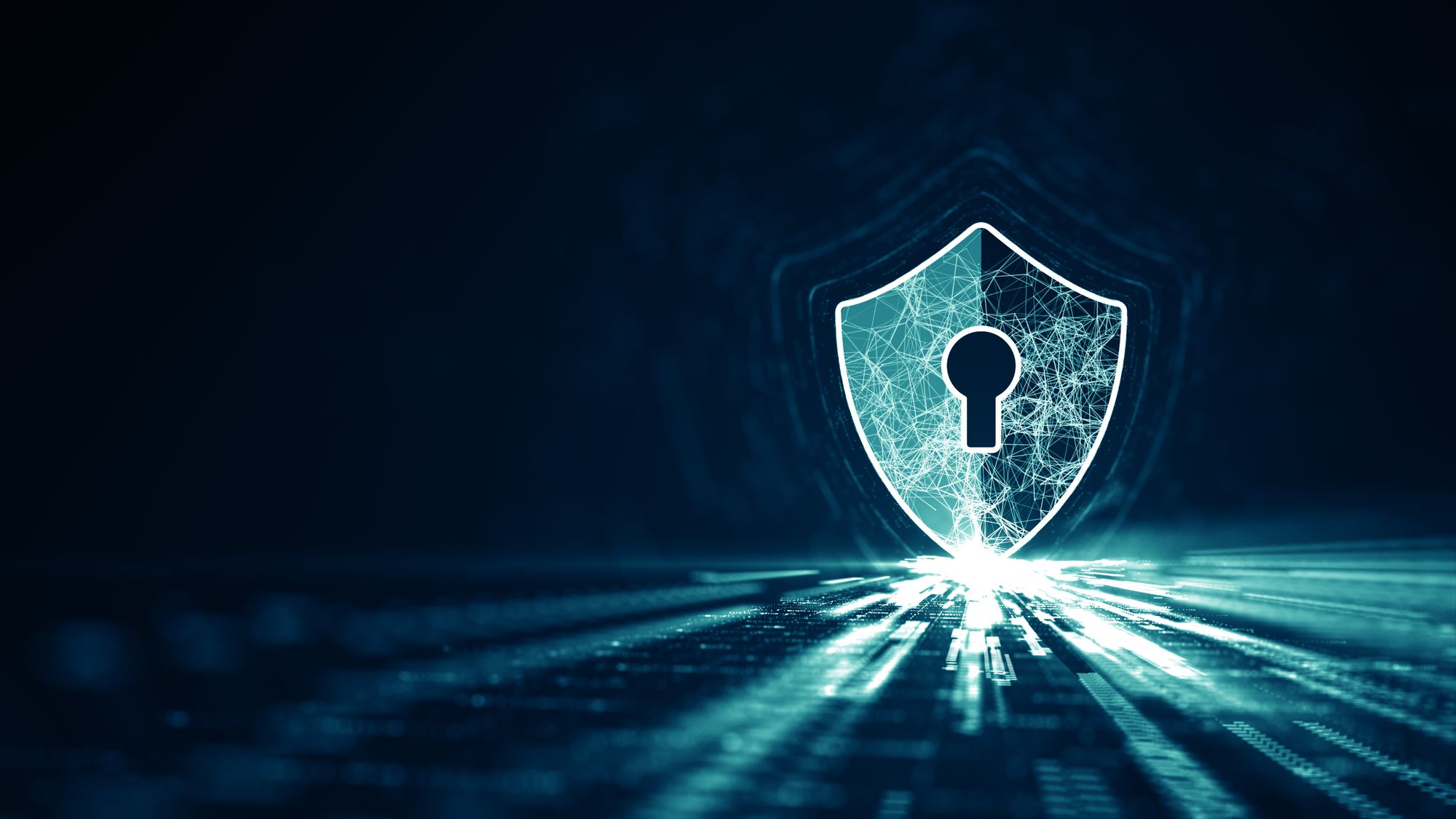11 Tips for Keeping Information Safe on the Internet
Protect your online activity and personal details to avoid identity fraud and cyber crimes - Tips on how to stay safe online and prevent identity theft, credit card fraud, malware, malicious sites, and scams.

The internet brings a host of fun-filled activities and access to information that we could never have dreamt of just a decade ago. While the internet today is a beautiful resource, it is essential to remember that it can also be hazardous, especially if you have children who are "researching" while you are not watching.
There is no shortage of risks at home, at school, or at work. From inappropriate content to malicious sites and more, there are numerous risks. This blog will look at a few online safety tips to help you keep your personal details, private photos, and videos safe on the internet and off the internet, too.
Keep Personal Data Private and Limited
Potential employers or consumers do not require your personal or financial information. They must be aware of your skills and professional experience and how to contact you. You wouldn't dish out your personal details to strangers, so why give it out to countless, nameless people online?
Make Strong and Secure Passwords
When creating passwords, think of past phrases or figures that a malicious actor might easily decipher, such as your birthdate or your family members' names. Change the uppercase and lowercase letters, digits, and characters regularly.
For internet safety, it's also a good idea to generate distinct and strong passwords rather than using the same password on different sites - a password vault or password manager application can help maintain a record of this.
Be Cautious When Browsing Online
You wouldn't venture into a risky area in real life, so don't go online and visit unsecured websites. Identity thieves often utilize lurid information as bait. They realize netizens are occasionally attracted and curious about questionable content and may possibly lay their guard down when searching for it.
The underbelly of the internet is fraught with unknown dangers - a single thoughtless click could potentially reveal personal information and sensitive data or contaminate your gadget with viruses. You don't even offer the online predators a chance to gain access to your sensitive information if you resist the desire.
Two-Step Authentication is a Must
Large, reputable organizations such as PayPal, Facebook, Google, and others utilize two-step verification, requiring users to sign in using a code texted to their cellphones.
Other organizations may want your cellphone number or an alternate email account so that if they detect any suspicious activity or someone tries to access the account from other devices, you will receive a message requesting extra verification.
Be Wary of What You Share
The internet server doesn't have a true delete feature. Because eliminating the original doesn't really erase any copies generated by others, any comment or picture you post online may remain online indefinitely.
You can't "claim back" a comment you might regret posting or delete an awkward selfie you clicked at a party. To stay safe online, post nothing on the internet that you'd never want your mother or a future employer to see.
Use Prudence When Using Free Wi-Fi
No one ever said that a tad bit of online shopping was bad, or did someone? Any free public Wi-Fi network that you may use for making online purchases will have insufficient internet safety protections in place; other people on the same internet connection could readily see what you're doing.
Before pulling out your credit card, be sure you're at home, connected to a safe, password-protected virtual private network, and have antivirus software installed.
Examine Your Bank's and Creditor's Protection Measures
There is no such thing as universal internet safety and protection regarding online activities. If you shop online or do any business on the internet, ensure your bank or credit institutions have procedures designed to safeguard you in the event of online scams and identity theft. If your account has been hacked and exploited, you don't want to self-insure.
Furthermore, never enable your browser or web pages to remember your bank account information, for this is a sure-fire way to end up in trouble.
Take Caution When Meeting People Online
Individuals you connect with on social media platforms or meet online aren't always who they say they are. It's possible that they're not even real. Forged online accounts are a convenient method for hackers to snuggle up to naive internet users and empty their online wallets.
To prevent a data breach, maintain the same level of caution and common sense in your internet community life as in your offline social life.
Keep an Eye Out for Connections and Attachments
Online criminals and hackers are quite crafty. Their phishing scams are usually disguised as messages from an institution, power company, or other business. Specific characteristics, such as misspellings or an unusual email account, can indicate that the message is from malicious software.
Drive Wiping and Factory Reset
Frequently, just "deleting" anything from your computer or mobile device or clearing your browsing history does not result in the information being permanently removed from the gadget. When you resell or discard your old desktop computers or mobile devices, ensure the drives or cloud storage are thoroughly cleaned and the system is the factory reset.
Seek Information and Examine the Fine Print
Web browsers must understand that safeguarding personal information is a shared duty among themselves and their organizations. Customers should read and examine the security measures of the web pages to understand how and why the site/platform will utilize their personal information.
As a result, businesses should have well-documented privacy rules and standards in place and the ability to resolve any issues that arise correctly.
Bottom Line
As the internet has become a part of our daily lives, so have its insecurities. Safely Surfing the web and following healthy internet habits doesn't just mean being careful what you click. It means understanding how to protect your identity and ensure that your personal information online doesn't fall into the wrong hands.
Before signing off, the most important thing to remember is that, while the internet is a fantastic resource, it is not a substitute for real-life connections. So make sure to stay safe online and offline by being smart, using the internet safety tips mentioned above, and knowing how to get help if you need it.

